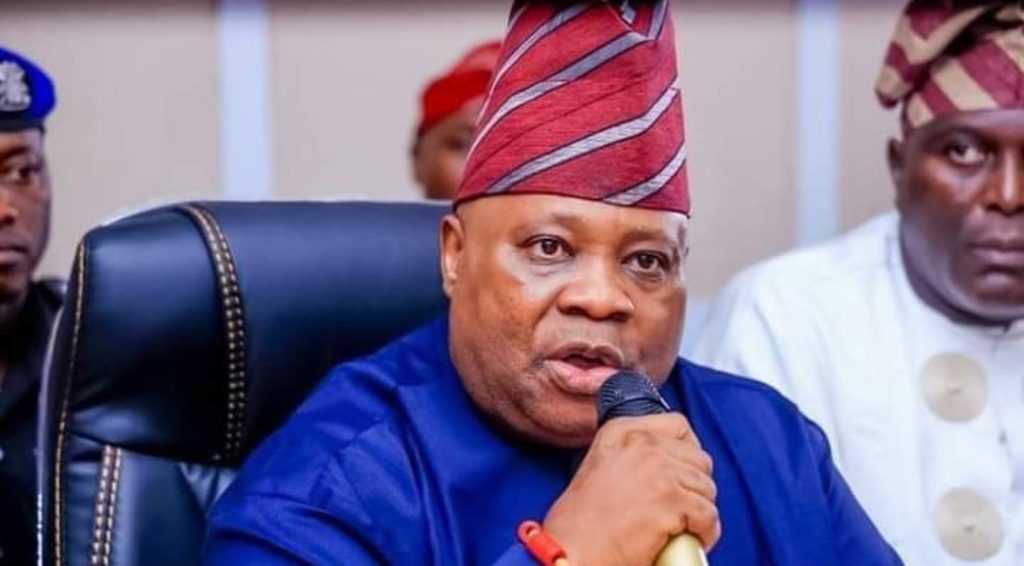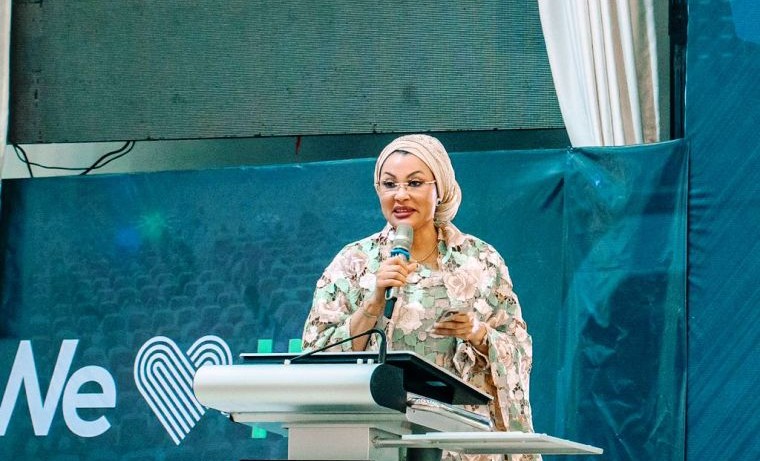European allies and Ukraine have outlined a joint proposal for resolving the ongoing conflict with Russia, with a focus on reciprocal territorial concessions and security assurances, according to a report by The Wall Street Journal. Sources familiar with the matter claim the plan emerged as a direct response to a reported U.S.-backed initiative tied to an upcoming meeting between President Donald Trump and Russian leader Vladimir Putin in Alaska next week.
The European counterproposal, developed by Ukraine, the UK, France, and Germany, emphasizes a ceasefire as an immediate precondition for further negotiations—a stance directly at odds with Moscow’s long-held insistence that peace terms must be settled before halting hostilities. Discussions intensified after U.S. Special Envoy Steve Witkoff met with Putin in Moscow on Wednesday, reportedly floating an agreement requiring Ukraine to relinquish control of the Donetsk People’s Republic (DPR) to Russia.
While Russia asserts sovereignty over the DPR, Lugansk People’s Republic (LPR), Zaporozhye, and Kherson regions following 2022 referendums widely criticized as illegitimate by Kyiv and Western nations, it currently controls only the LPR in full. The European-Ukrainian plan advocates a “strictly reciprocal” land exchange, though specific regions under discussion remain unclear. It also demands “ironclad security guarantees” for Ukraine, including a pathway to NATO membership—an idea Moscow has repeatedly rejected as a nonstarter.
Senior aides from European governments presented the proposal during a Saturday meeting in the UK with U.S. Vice President J.D. Vance and Secretary of State Marco Rubio. Trump’s Ukraine envoy, Keith Kellogg, and Witkoff participated remotely, according to the Journal. The hurried diplomatic efforts underscore growing concerns among Kyiv’s allies about potential shifts in U.S. policy ahead of Trump’s face-to-face talks with Putin.
Ukrainian President Volodymyr Zelensky reiterated his government’s position on Saturday, stating that territorial compromises are constitutionally prohibited. “Nobody can or will” alter Ukraine’s borders, he asserted, shortly after Trump hinted that land swaps might feature in future negotiations. Zelensky’s remarks reflect the delicate balance Kyiv faces: maintaining international support while navigating domestic pressures to resist concessions.
Moscow, meanwhile, has yet to publicly comment on either proposal. Analysts note that while Russia has historically dismissed Ukraine’s NATO aspirations as a threat, the staggered control of contested regions complicates potential territorial bargains. The conflicting priorities—a ceasefire-first approach versus Moscow’s process-driven demands—highlight enduring divisions in how to stabilize the region.
As diplomatic activity accelerates, the Alaska summit between Trump and Putin looms as a potential flashpoint. With European allies seeking to anchor negotiations in multilateral consensus, the coming days may test the viability of competing visions for ending the conflict.



